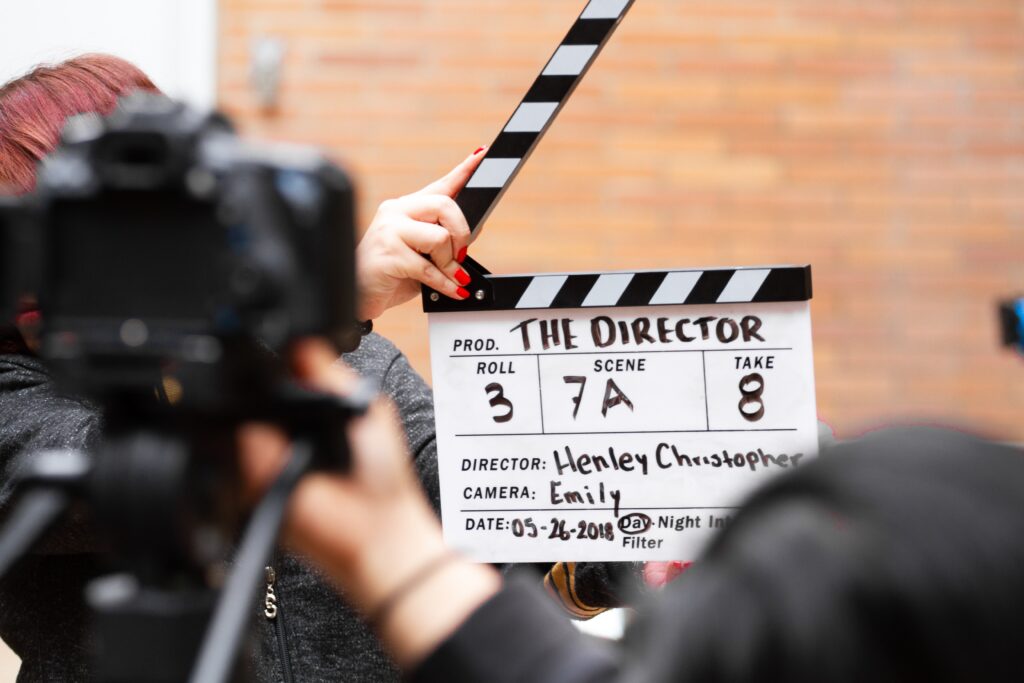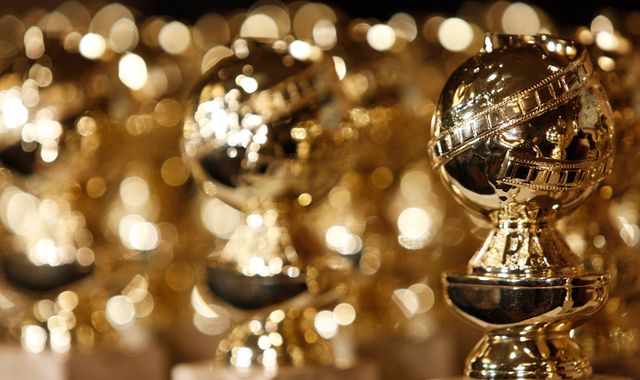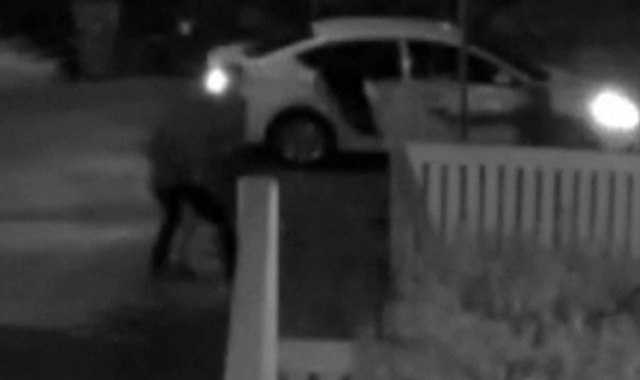Blade Runner: Grumpy Harrison Ford has 2049 reasons to smile
Written by News on 03/10/2017
Harrison Ford is notoriously grumpy. It’s his thing, just Google it.

You can almost pinpoint the moment when Ford destroys them with the same withering look that says: "Are you a moron? Why the hell did you ask me something so stupid?"
It’s Harrison Ford, this is part of what makes him brilliant. He is the epitome of cool.
Who wants to sit in a hotel and be asked the same questions over and over again by some boring journalists? This is Han Solo, Indiana Jones, he doesn’t have to prove anything.
All of which doesn’t help with nerves ahead of interviewing the man himself, especially given the fact that I’m meeting him to talk about Blade Runner – the finest sci-fi film that’s ever been made.
There’s no stopping him when we meet. Clearly Ford is incredibly proud of how Blade Runner is seen today, he’s happy to have been proven right.
The film wasn’t an immediate hit, when it first came out in 1982 people hadn’t known how to take it. But, over time, it has intoxicated film critics and even come to be studied by philosophy students.
"It certainly wasn’t intended," Ford admits.
"The film was so new it took a while to actually garner an audience. It got the respect and attention of philosophers and scientists, not for the virtue of itself, but for the questions that it asked.
"The proposals it made about the future, which it didn’t quite answer, were both intellectually engaging and important."
The technology for us to make "replicants" (biorobotic human replicates) isn’t quite here yet but it feels even more prescient now to be exploring our relationship with machines – our dependence and our paranoia.
"The fear I have about artificial intelligence is that we could be making moral choices on a statistical basis," Ford explains.
"I don’t worry much about a race of robots taking over my neighbourhood," he adds jokingly.
In the sequel, set three decades later, we’re introduced to a new blade runner – Officer K, played by Ryan Gosling.
A discovery his character makes leads him to search for replicant hunter Rick Deckard.
To avoid spoilers, only a handful of people have been allowed to see an advance screening. Frustratingly I wasn’t one of them. Various embargoes had to be signed to get me in to see two scenes which were visually breathtaking.
There appeared to be a stillness, a seriousness to the parts I was shown.
Ford says: "I think you’ll find there is more vigour to the film than melancholy.
Gosling explains: "The world is different, 35 years has passed.
"It’s become more toxic, the environment is more harsh. It’s inhospitable, people are trying to survive, not really even living, but they’re still looking for a human connection, love.
"Which I think is what’s so inherit to Blade Runner, that it’s not just conceptual, it’s also a very personal intimate story."
Denis Villeneuve – the filmmaker who brought us Arrival – had the unenviable task of making the sequel to Ridley Scott’s masterpiece.
"[America’s] northern border is still leaking Canadians," he says. "They’re coming into our country taking our jobs, our women, dancing with our dates, it’s an impossible condition.
"We need a wall in the south to keep the Mexicans in, because we’re not going to get along without their help, but the Canadians, not so much.
Gosling is clearly thrilled to be working with a screen legend. He insists he wouldn’t have been on board if Ford wasn’t in it.
"They’re very different roles, we share the same job but they’re very different characters," he says. "I certainly wouldn’t have had the audacity to take it if I were trying to fill his shoes.
"Luckily he was filling his own shoes, Uggs right?" Gosling teases.
"I asked you not to talk about the fur…" Ford quips back.
"There’s a tribal teaching moment here that’s really worthy of your investment and we need that in our lives."
Ford clearly doesn’t fear that the sequel won’t measure up to the first.
"If this doesn’t drive people back to movie theatres to see it and keep them off their phones for a few minutes then I’ll be vastly disappointed," he says, before turning to Gosling and adding "I have been before!"
"Why do you look at me when you say that?" Gosling retorts, pretending to be hurt.
"No, no, no I’m just sharing. Sharing is caring," Ford says with a mischievous look in his eye.
:: Blade Runner 2049 will be showing in UK cinemas from Thursday
(c) Sky News 2017: Blade Runner: Grumpy Harrison Ford has 2049 reasons to smile





